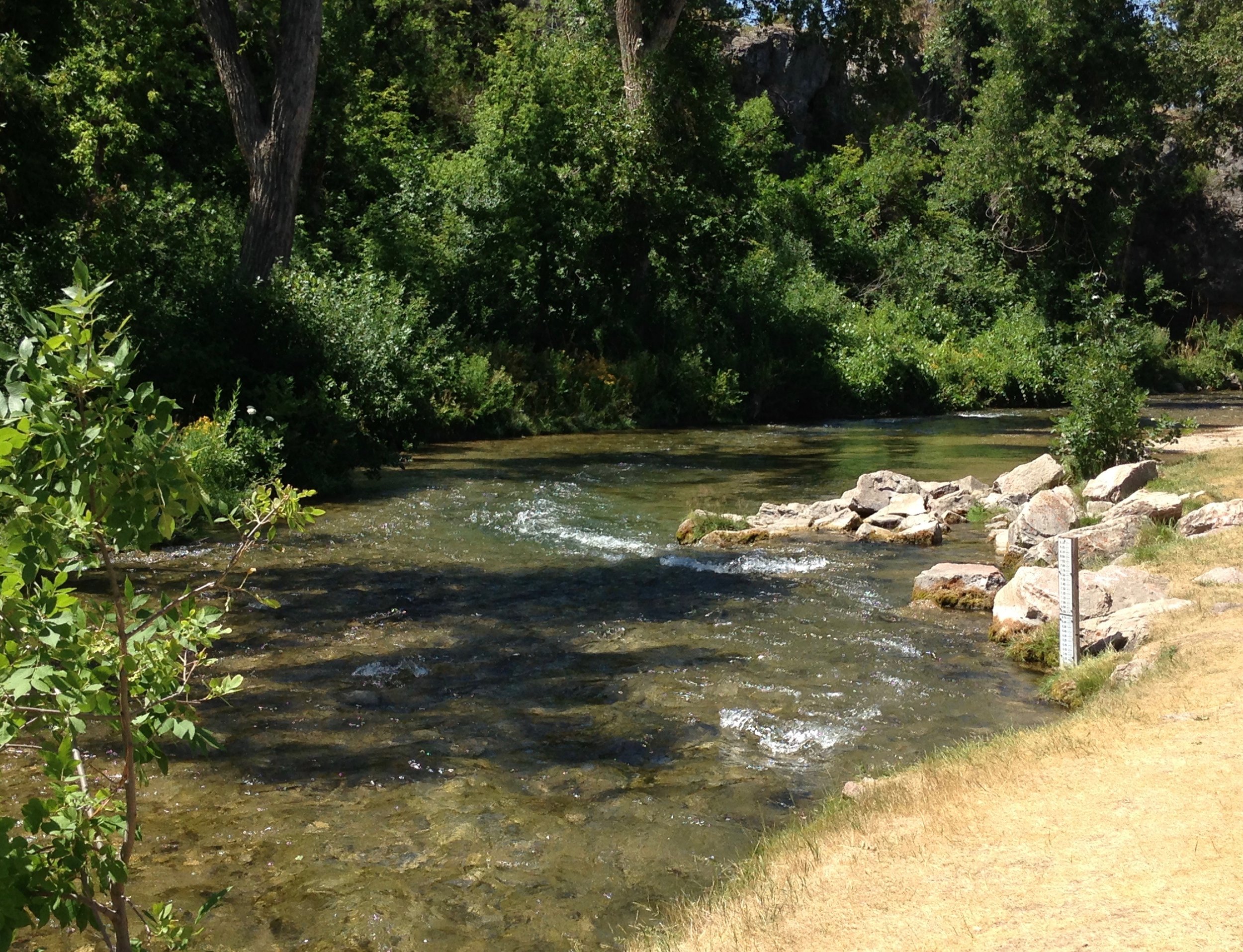A Clean Earth Requires All Of Us
When I was a child, I remember a TV commercial where a beautiful waterway (stream or small river) was polluted with all kinds of litter. I have no memory of the verbiage, but near the end of the visuals a Native American from long past was viewing this horrifying landscape with intense sadness. As a tear ran down his tanned, weathered face, his look left nothing else to be said. When he lived here, the land, rivers, streams and air were pristine and clear of toxins, rubbish, trash, plastics, car parts, and other non-decomposing materials. It wasn’t a ‘jump out at you’ kind of commercial, but the impact was lifelong memorable!
What have we done to this beautiful place we call Earth? We live ‘an everything is disposable’ kind of lifestyle. Hardly anything is used twice! We use plastic for everything; junk anything we can’t use; throw anything we tire of, in the garbage; and buy more. Then the cycle happens again. Trash has accumulated so much landfills can barely keep up. Great mounds are made in an effort to bury the stuff, much of which will never totally decay.
Along with the pollution of our land and water ways is the pollutants in our air, which hinder breathing and cause horrible suffering to those who have asthma or other lung related issues.
Add to this the devastation of natural disasters like floods, hurricanes, and tornadoes, which strews garbage and debris as far as the eye can see, it’s the perfect storm for devastation which any Native American from long past would weep over.
A clean earth not only requires all of us but affects all of us. It’s important for each of us to do the best we can, to lessen ‘our footprint’ on the space we inhabit. While we each can do our part, organizations are in place to improve success on a larger scale. Of course the government is involved in many of them, including the clean up after natural disasters.
But what happens when natural disasters, or polluted water or air becomes so intense in cities that people become sick? Sadly the elderly and the disabled are particularly affected when these events happen. It’s hard on everyone, but these ‘people groups’ find themselves at a huge disadvantage. Neither of these necessarily have the ability to leave an area when there is an impending emergency. Lack of funds and difficult mobility options, restrict getting the care they need when things do happen.
While many organizations, environmentalists and activists are working hard to reduce the waste which plagues our landscape and toxic pollutants that permeates our air space, especially during the hot, humid summers; the disability people group is often neglected as a worthy source of information regarding their specific circumstances. Considering their physical health illnesses and in some cases even their mental abilities, they should totally be represented or part of the discussion on ways to minimize impact of disasters and improvements, regarding climate change.
I don’t have the answers to climate change or how to improve the overall landscape of the world. I do know, however, that I can plant a tree, turn out unnecessary lights, reduce the use of plastic, control water usage, and lessen the amount of trash I create. I can improve ‘the space I inhabit’ and perhaps if we all did these ‘small things’ we would all see improvements in where we live.
What are your thoughts on climate change?
Photo Credit: https://www.dreamstime.com/photos-images/pollution-river-stream.html
Photo Credit: https://www.freepik.com/free-photos-vectors/planting-trees


